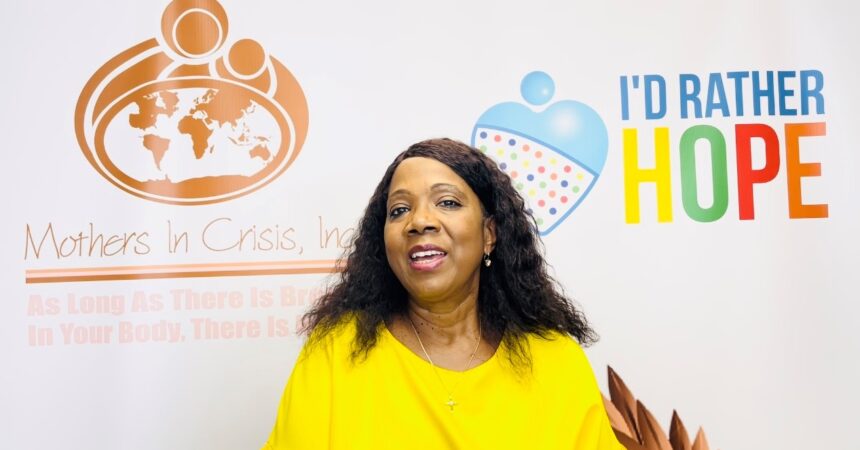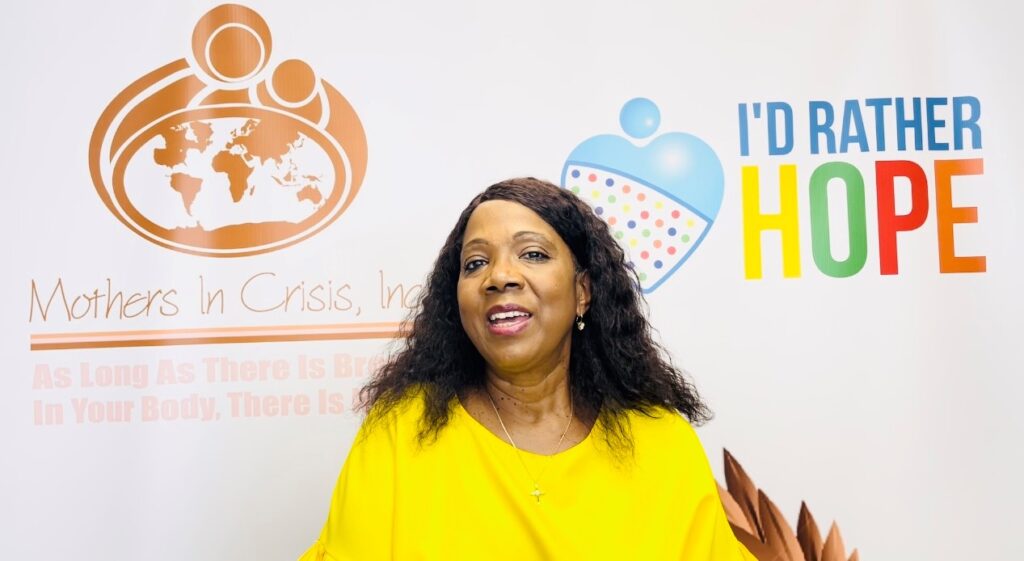
What brings me hope
Learning how to speak the language of hope

By Rosalind Tompkins
Special to the Outlook
We all could use a little more hope and that is why I am in the midst of creating master class videos that can be used with the Practice of Hopeology Booklet. It is a very time consuming and rewarding experience because it is helping me to continue to internalize the principles of the Practice of Hopeology.
One in particular is the concept of “speaking the language of hope.” It is amazing how one three-letter word can make all the difference in the world when it comes to being hopeful or not. That word is, Yet. Hope is future oriented so when you add yet to your vocabulary it leaves it open to happen in the future.
I’m reminded of the scripture in the Bible in the book of Habakkuk 3:17-18 that says, “Though the fig tree does not bud and there are no grapes on the vines, though the olive crop fails, and the fields produce no food, though there are no sheep in the pen and no cattle in the stalls, yet I will rejoice in the Lord, I will be joyful in God my Savior.”
There are two primary meanings for the word yet according to Oxford Languages Dictionary: 1. Up until the present or a specified time; by now or then. 2. Still; even (used to emphasize increase or repetition).
So even if it has not happened yet, you can keep trying and believing that it will. Also, if things are not going so well presently, yet you can keep praising and trusting in the Lord because you believe that they will. The word yet has kept the Mothers In Crisis’ proverbial hope train moving down the tracks for years.
For more information about the Practice of Hopeology and the Master Class videos please visit www.practiceofhopeology.com.
Speaking the Language of Hope is necessary in order to remain hopeful. Remember hope is future oriented so speak of what you are expecting to happen and not just what is happening.
Speaking scriptures from the Bible will bring hope and life.
Learn to speak hope by adding the word yet to your vocabulary. Example, “It has not happened, yet!” That implies that you believe that it will happen in the future.
Examples of Hope Language include:
“All is well.”
“Everything is going to be alright.”
“Change is coming.”
“I can make it.”
“I will try again.”
“It’s okay.”
“Things are going to get better.”
“I’m going through to get to my breakthrough.”
“It’s not going to always be like this.”
And, “There is an expiration date to my pain.”
Add your own words and phrases.
Rosalind Tompkins, Ph.D., is author of “As Long As There Is Breath In Your Body, There Is Still Hope,” and other inspirational books. Tompkins is also founder of Turning Point International Church, the Chapel of Mothers In Crisis. She’s also founder of Turning Point International Alliance with ministries and churches in Pakistan, Nepal, Eswatini, Kenya, Rwanda, Nigeria, and St. Vincent in the West Indies.






